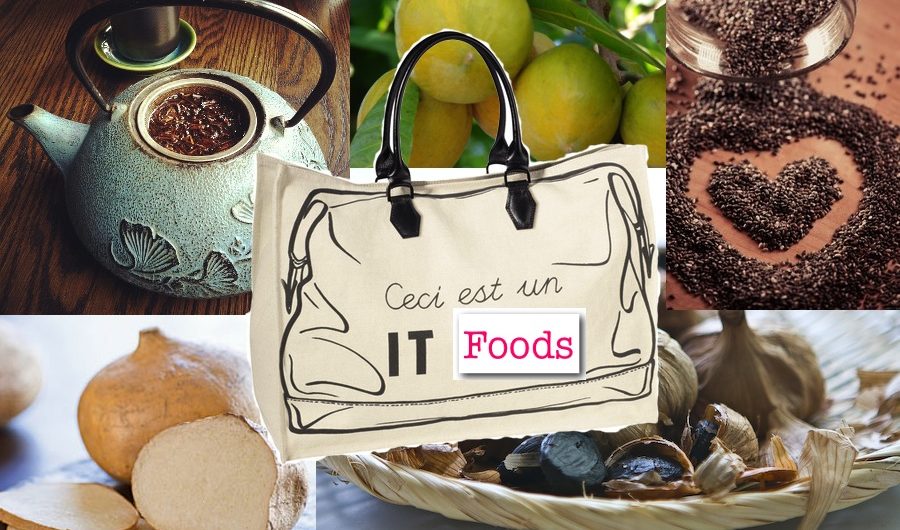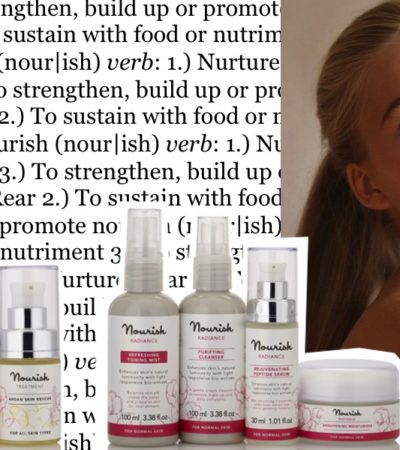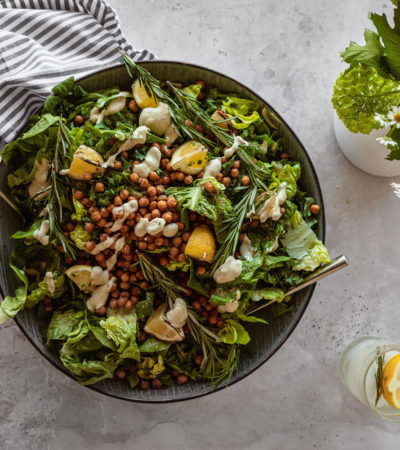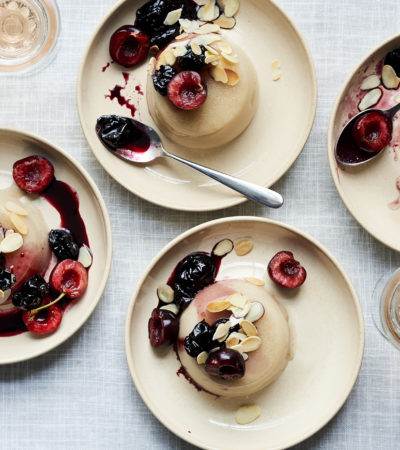words by Gwyneth Harrison
Superfoods are the heroes of the food world, conferring a wide range of health benefits with every bite. But with a new ‘superfood’ hitting stores every week, how do you know which are truly worth adding to your weekly shop? To make it easy I’ve rounded up my favourite new superfoods. Chosen for their superior nutritional content that will contribute to your overall health, as well as for the fact that they taste great, they may be unfamiliar to you now but I’m sure they’ll become kitchen staples!
Chia Seed
This innocuous looking seed hailing from South America is a nutrient powerhouse packed full of Omega 3, antioxidants, iron, calcium and is a complete protein. By adding this seed to your salads, soups or smoothies you’re getting a mega-boost of energy, heart-healthy omega 3’s, along with a range of antioxidants to help prevent free radical damage and cancer. Chia seeds absorb liquid to form a gel, meaning they take on the flavour of whatever food they’re added to and add bulk. This can help you to feel fuller for longer, making them a great ally in the weight loss battle. They also contain lots of soluble and insoluble fibre, which helps to maintain a healthy digestive system and balances blood sugar. The Mexicans believe that a person can be fueled for one whole day on just one tablespoon of chia (not that we recommend it!), but with all these health benefits it is not that surprising!
Black Garlic
Produced by fermenting garlic cloves, black garlic may look scary but it’s quickly becoming one of the newest food superstars. The fermentation process means that each clove has twice the antioxidants of normal garlic with none of the bad breath. That’s right, black garlic can be eaten raw without scaring away potential suitors! The magical fermentation process also works to break down allicine, which many people find hard to digest, into S-allycysteine. This compound is not only much easier on the digestive system but also works to lower cholesterol and decrease the risk of cancer. It also has allicin’s anti-microbial properties meaning it works to protect against infection. On top of this the cloves have a gorgeous balsamic and molasses taste making them a delicious addition to your superfood arsenal.
Kukicha Twig Tea
This slightly sweet and nutty tea hails from Japan and is made from the twigs and stems of the Camelia Sinesis tree. The brew is low in caffeine but rich in a range of vitamins and minerals, including copper, selenium, manganaese, calcium, zince and fluoride, along with vitamins A and C. In fact it has more calcium than cow’s milk and more vitamin C than an orange! These beauties can help to reduce high blood pressure, and the antioxidant catechins contained in the tea have 25 times more antioxidants than Vitamins C and E so will help to fight free radical damage that can cause everything from premature ageing to cancer. Furthermore, the tea is also an excellent digestive aid and with its mild hit of caffeine can help to combat that mid-afternoon slump.
Lucuma
Lucuma is a Peruvian fruit that is commonly turned into a powder that can be added to desserts, smoothies or even your morning yoghurt. It has a gorgeous sweet taste but has a low GI so is a great way of adding a sweet kick without experiencing the blood sugar spike and subsequent crash that occurs when you indulge in some sugar. Keeping your blood sugar stable helps to control your appetite as well as prevent diseases such as diabetes. Lucuma is also packed full of fibre, beta-carotene, niacin (B3) and iron. Benefits of beta-carotene include protecting against cancer, whilst niacin aids in managing depression. It would seem that with lucuma you can have your cake and eat it too!
Jicama
Another South American gem, the jicama is a sweet root vegetable that resembles a turnip and is extremely popular in Mexican cuisine. It can be eaten raw or cooked and makes a great addition to salads. You could also try replacing your French fries with jicama chips, not only will you be saving yourself a host of calories (jicama is a mere 35Kcal per 100g) but you’ll also be getting a good dose of soluble fibre in the from of inulin. Inulin increases calcium absorption and encourages the growth of healthy gut bacteria, which helps to regulate digestion. This type of fibre can also help to lower cholesterol and balance blood sugar. Jicama is also high in Vitamin C and the B complex vitamins, making it a great energy giving food.
Visit Gwyneth’s site: www.modeleats.com or follow her on Twitter: @model_eats














